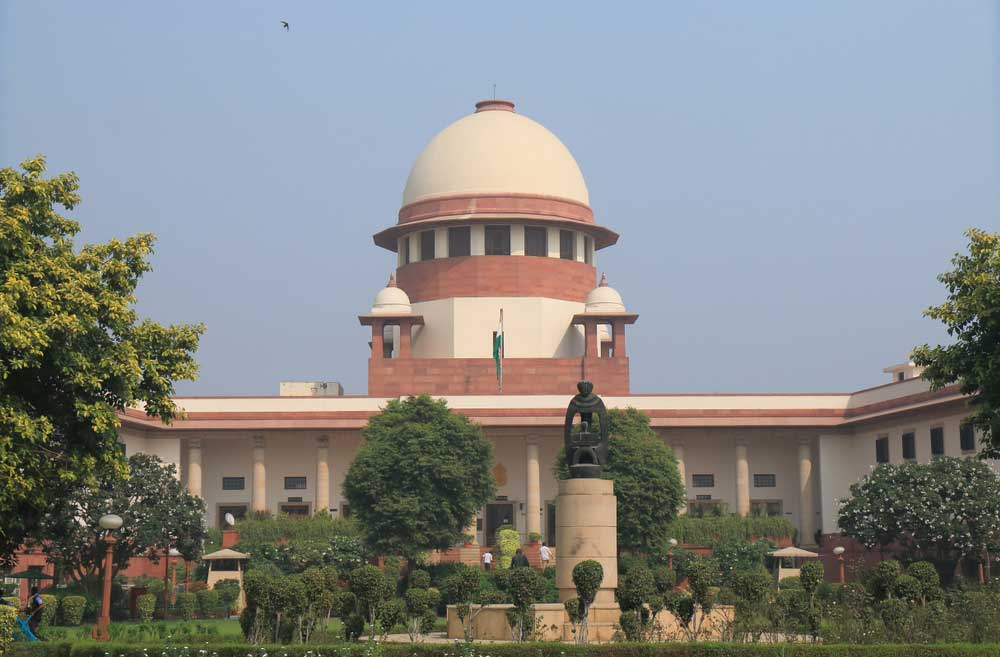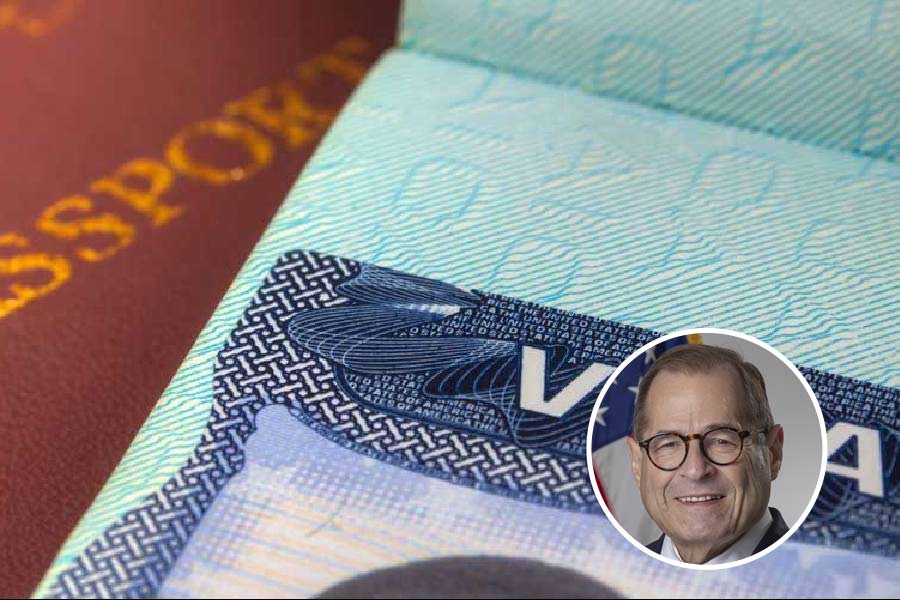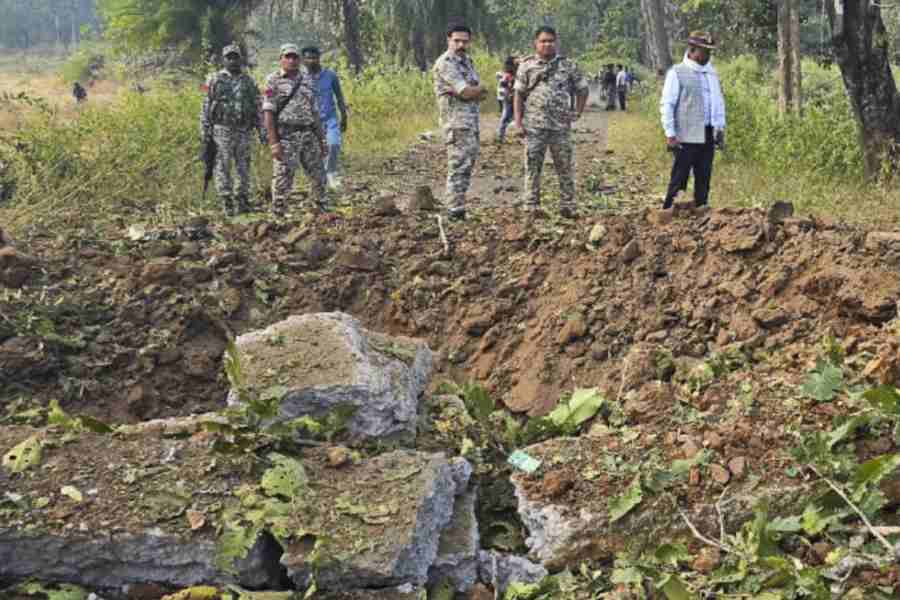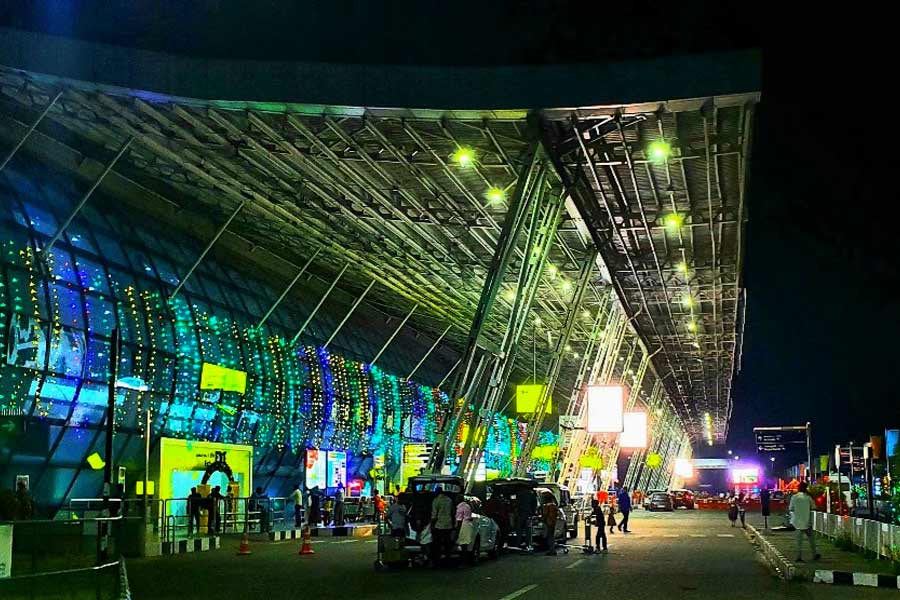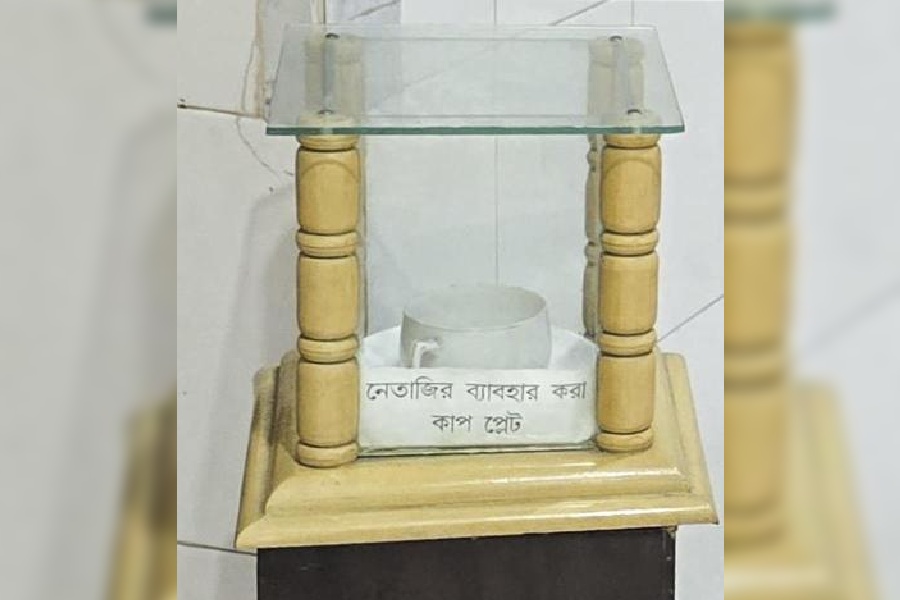A Delhi-based youth on Saturday moved the Supreme Court challenging the Centre’s Unlawful Activities (Prevention) Amendment Act, 2019, which empowers authorities to declare an individual a “terrorist” and attach his/her properties even before trial.
Sajal Awasthi’s petition said the amended law was an assault on a citizen’s fundamental rights guaranteed under Articles 14 (equality), 19 (free speech) and 21 that relates to life and liberty.
The petition has alleged that the act seeks to substantially modify Chapter VI of the Unlawful Activities (Prevention) Act, (UAPA), 1967, by way of Section 35.
The modification, it said, empowers the government to categorise any individual as a “terrorist” and add the name of such a person in Schedule 4 of the act for the purpose of attaching his/her properties even before that person is held guilty by a court.
The petition said that “conferring of such… discretionary (and) unfettered… powers upon the central government” was antithetical to Article 14 of the Constitution of India.
Further, it said, the right to reputation was an intrinsic part of the fundamental right to life with dignity under Article 21 of the Constitution of India. So, terming/tagging an individual as a “terrorist” even before commencement of trial or application of judicial mind does not amount to following “procedure established by law”.
Thus, the petition said, the new law was “violative of (the) right to reputation of such an individual who is being categorised as a terrorist and being added in Schedule 4 of the UAPA Act”.
The petitioner complained that the new amendment did not afford an opportunity to an individual, being categorised as a terrorist, to present his/her case and left such individuals to the whims and caprice of society.
“The amended Section 35 of the UAPA, 1967, directly and adversely affects the fundamental right to free speech and expression as enshrined under Article 19 (1) (a) of the Constitution of India. It is relevant to note here that the right of dissent is a part and parcel of the fundamental right to free speech and expression and, therefore, cannot be abridged in any circumstances except for (those) mentioned in Article 19 (2).
“The UAPA, 2019, empowers the ruling government, under the garb of curbing terrorism, to impose indirect restriction on right of dissent which is detrimental for our developing democratic society. India is a democracy and every citizen of India has a fundamental right to dissent but presence of draconian law and provisions as contained in Section 35 and 36 of the UAPA, 2019, directly encroach upon the same,” it added.
The petition, yet to be listed for a formal hearing, has been drafted by advocate Pawan Reley.

